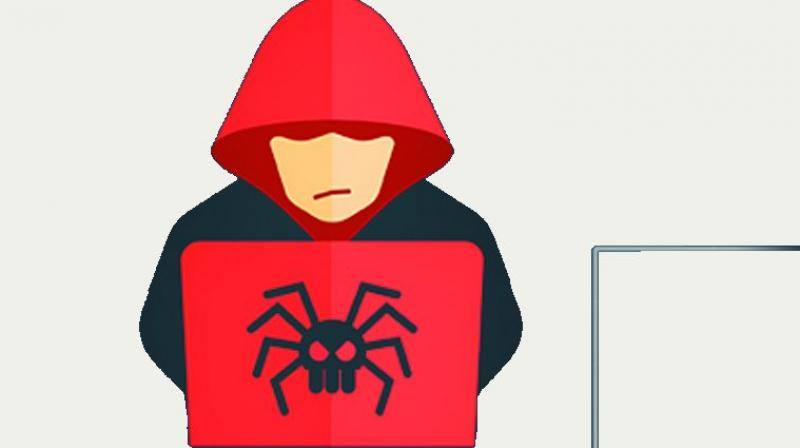Asia wakes up to ransomware chaos

The worldwide “ransomware” cyber attack spread to thousands more computers on Monday as people across Asia logged in at work, disrupting businesses, schools, hospitals and daily life. But no new large-scale outbreaks were reported, and British officials said a feared second wave of infections had not materialised.
The new infections were largely in Asia, which had been closed for business when the malware first struck. In Britain, whose health service was among the first high-profile targets of the online extortion scheme, health secretary Jeremy Hunt said “we have not seen a second wave of attacks.”
He said “the level of criminal activity is at the lower end of the range that we had anticipated.”The malware, known as “WannaCry,” paralysed computers running factories, banks, government agencies and transport systems, hitting 2,00,000 victims in more than 150 countries.
Though the spread of the ransomware slowed on Monday, many companies and government agencies were still struggling to recover from the first attack.
In Asia, where Friday’s attack occurred after business hours, thousands of new cases were reported on Monday as people came back to work.The Japan Computer Emergency Response Team Coordination Center, a non-profit group, said 2,000 computers at 600 locations in Japan were affected. Companies, including Hitachi and Nissan Motor Co., reported problems but said they had not seriously affected their operations.
Chinese state media said 29,372 institutions there had been infected along with hundreds of thousands of devices.Universities and other educational institutions in China were among the hardest hit, possibly because schools tend to have old computers and be slow to update operating systems and security, said Fang Xingdong, founder of ChinaLabs, an internet strategy think tank.
As cybersecurity firms worked around the clock to monitor the situation and install a software patch, new variants of the rapidly replicating malware were discovered Sunday. One did not include the so-called kill switch that allowed researchers to interrupt the malware’s spread.
Ryan Kalember, senior vice-president at Proofpoint, which helped stop its spread, said the version without a kill switch could spread.
Malware spreads
The global ransomware cyber attack ebbed in intensity but experts warned new versions could emerge.
U.S.- Tom Bossert, a homeland security adviser to President Donald Trump, said the recent global cyber attack is something that “for right now, we’ve got under control” in the United States.
UK- Britain’s health service said most hospitals hit by the global attack are back up and running, but seven are still experiencing IT disruption and canceling appointments.
Indonesia- The Indonesian government urged businesses to update computer security after two hospitals were hit by the “ransomware”. Patient files on computers were locked at the affected hospitals.
29,000 institutions across China were infected by the global “ransomware” cyber attack, Chinese state media reported.

